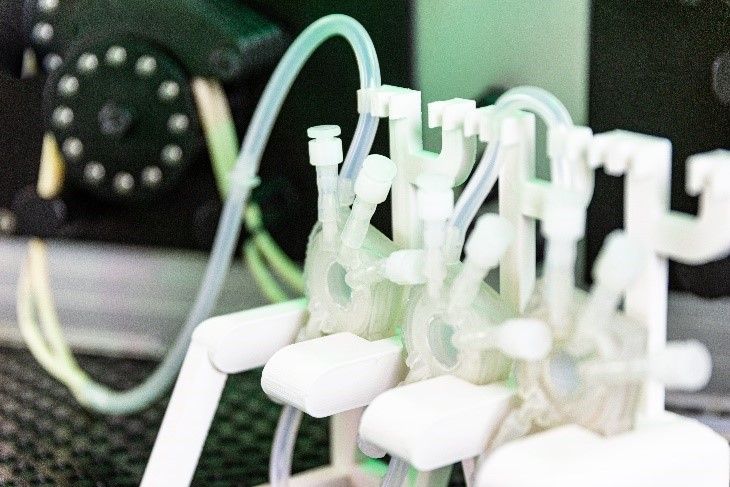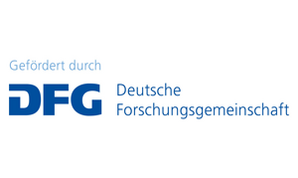Severe corneal diseases caused by injury, infection or dry eye are the fourth most common cause of blindness worldwide. Common therapeutic approaches such as amniotic membrane and allogeneic corneal transplantation are limited due to donor scarcity and quality problems, which has led to a focus on the search for alternative treatment options.
The corneal stroma makes up the majority of the corneal thickness and consists mainly of collagen fibers, which are responsible for the strength and transparency of the cornea. Damage to the stroma can lead to clouding and visual impairment. This project aims to develop a transparent, in vitro generated corneal stroma substitute as an alternative for the treatment of ocular surface diseases.
Innovative bioreactor system
An innovative bioreactor system is used, which makes it possible to cultivate and mature the replacement tissue produced under in vivo-like conditions. Physiological parameters such as intraocular pressure can be mimicked. The dynamic cultivation conditions help to improve tissue quality, particularly with regard to the transparency and thickness of the corneal stroma. The tissue equivalents generated in vitro should represent a new approach for the reconstruction of the ocular surface and enable progress to be made in the treatment of serious corneal diseases.
Cooperation partner:
Prof. Dr. Stephan Reichl, Institute for Pharmaceutical Technology, TU Braunschweig
Prof. Dr. Dr. Stefan Schrader, Dr. Sonja Mertsch, University Clinic for Ophthalmology, Carl von Ossietzky University Oldenburg
Project duration: 2023 - 2026



